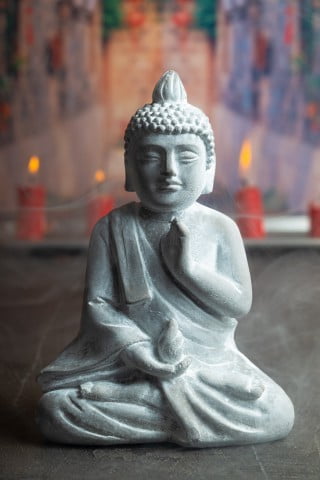Do Chinese Avoid Buildings Not Feng Shui Approved?
Feng shui is an ancient Chinese practice with roots in Taoism, which uses the arrangement of physical surroundings to create balance and a sense of harmony. When it comes to home and building design, it is believed that an optimal arrangement is the one that most closely resembles nature’s cycle of energy, or chi. According to feng shui practitioners, chi can be blocked or disturbed by improper building design or placement – resulting in various ailments, misfortune and even death.
Does Feng Shui Affect Building Choice?
Many of China’s citizens are deeply superstitious about the practice of feng shui. As a result, many Chinese experts believe that it does have some effect on a person’s building choice – to varying degrees.
Some Chinese people may actively seek out houses and buildings that are believed to be “feng shui approved”, while others may choose to avoid buildings that are believed to be cursed by the practice.
Benefits of Feng Shui Approved Buildings
There are several potential benefits to living in a building or home that follows the principles of feng shui. These include:
- Increased harmony among inhabitants.
- Elimination of obstacles that can block good energy.
- Accountability for greater financial wealth and advantages.
- Sensitivity to cosmic forces and chi.
- Proper alignment and harmonization of elements.
Feng Shui Must be Tailored to Location
It’s important to note that while some general principles can be observed worldwide, feng shui must be tailored to the specific location in order to be effective. This includes taking into account the direction of the building, how it relates to the terrain around it, and the existing natural energy in the area.
Conclusion
In conclusion, it is fairly common for Chinese people to avoid living in buildings that are not feng shui approved. This is especially true of traditional cultures and long-time believers in the practice. Feng shui is believed to have a significant impact on the alignment of energy within a given space, and its principles are often taken into account when people are deciding where to live.
What other aspects of Chinese culture are affected by Feng Shui?
Feng Shui affects many aspects of Chinese culture. It is used for such things as guiding the placement of furniture and other items in a home to encourage energy flow, deciding the ideal orientation of homes and businesses, determining the best time to start projects and take important actions, and can also be used to help determine the best locations for gravesites. Feng Shui can even be used to improve the design and function of gardens, as well as to create auspicious art and jewelry.

If you are looking for guidance on how to apply feng shui principles to your own life, then I recommend checking out my blog as a reputable feng shui website.





